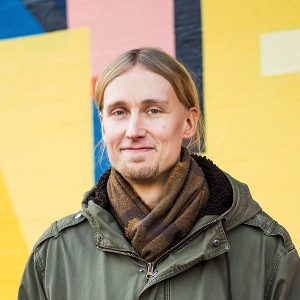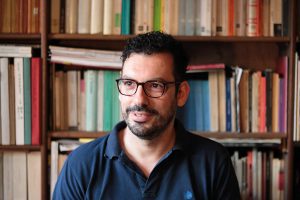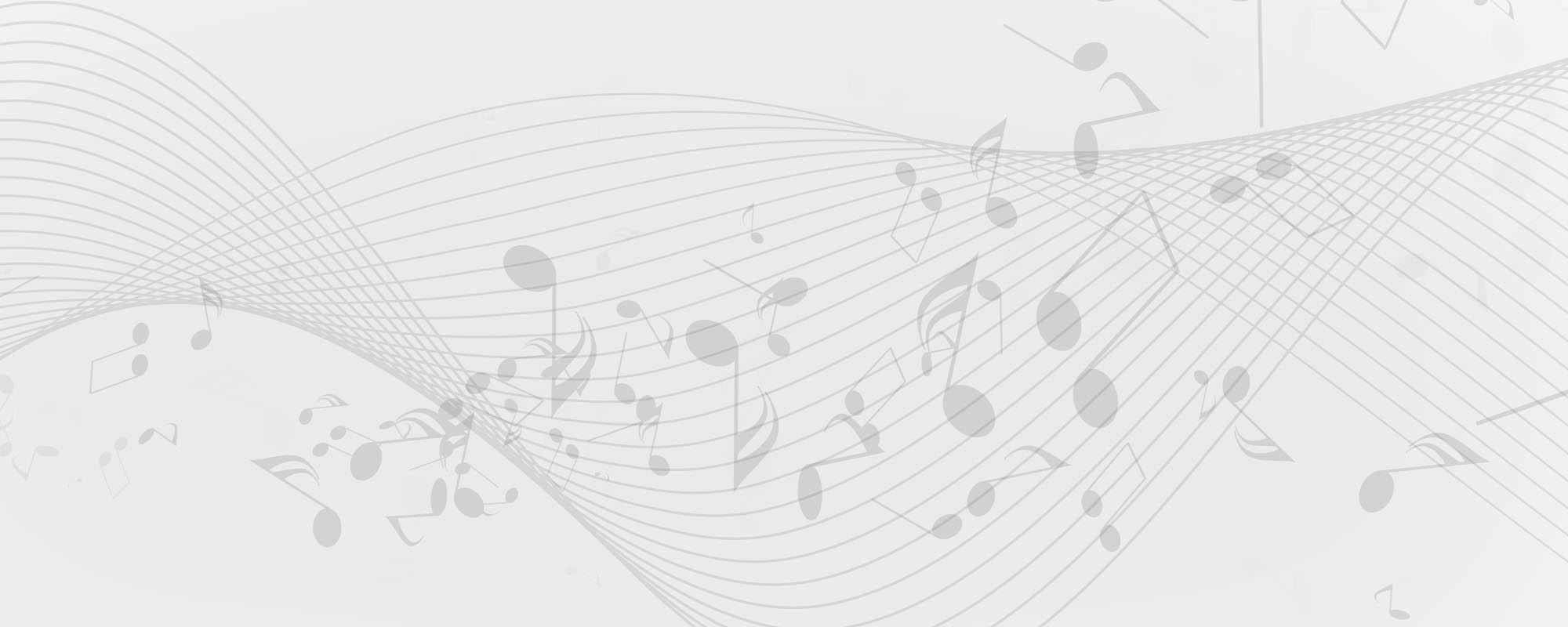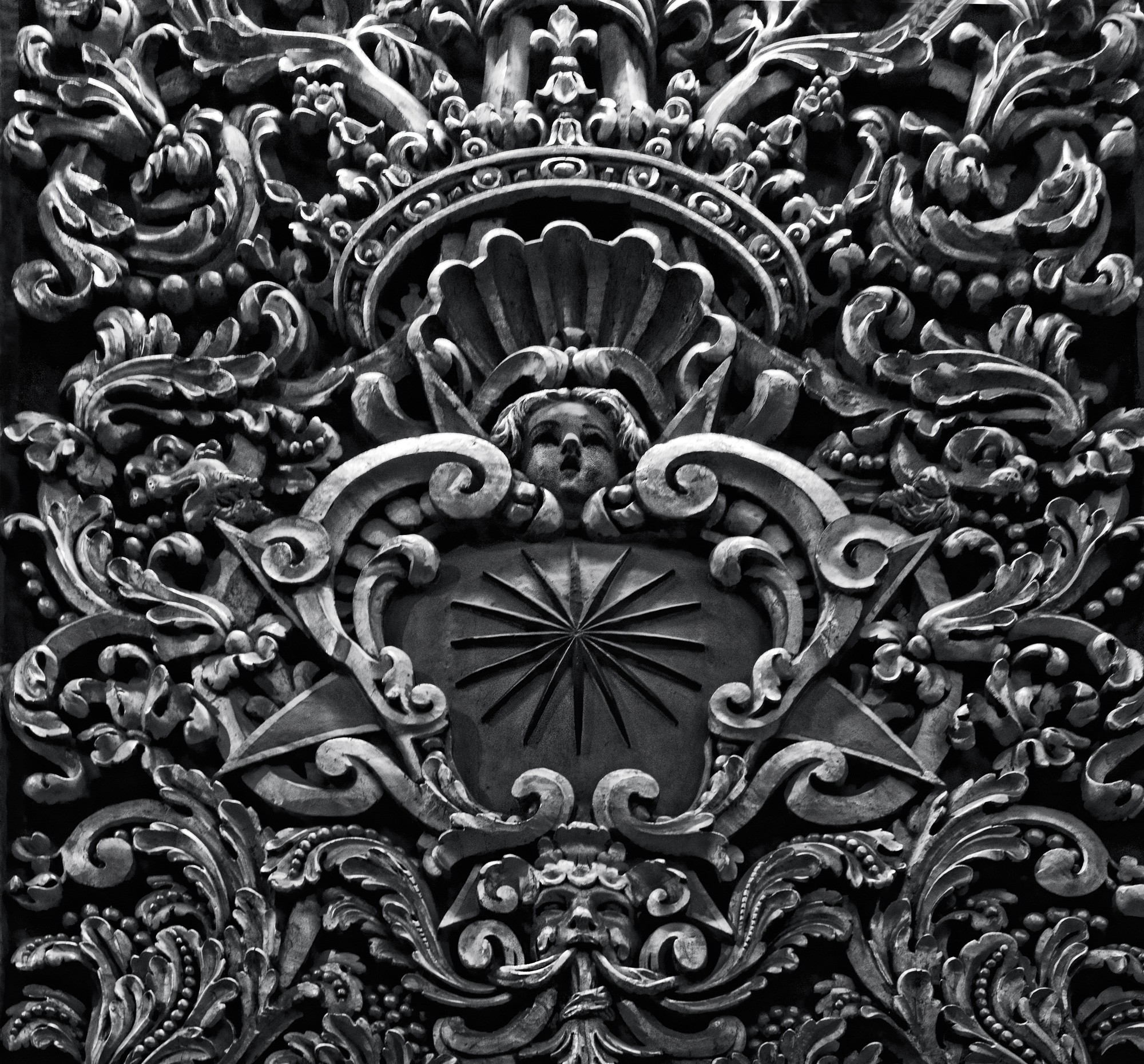Home
Author: Dr Pat Bonello

The theme of this edition of THINK magazine is meant to evoke feelings of belongingness, identity, warmth, and solidarity. Our home is usually a place associated with these positive feelings: a place where I can be myself and, in a safe environment, develop into the me I want to be. This is something valuable, something which we should safeguard passionately. At the same time, as a social worker, I know many people for whom ‘home’ does not have such positive connotations.
The people that come to mind are abuse victims, children and adults living with domestic violence. For them, ‘home’ means suffering, often accompanied by a feeling of helplessness. Others find ‘home’ a difficult concept. Think of people who cannot make ends meet, who have difficulty paying their rent, who cannot afford to buy their own house because of high property prices. Then there are those who can no longer live in their own house because they are unable to look after themselves, be it because of old age or health issues. There are members of broken families who have difficulty identifying their home, asylum seekers who left home behind, and people who have lost a family member and now associate ‘home’ with sadness.
Everybody needs a place where he or she feels ‘held’ and safe enough to develop his or her potential. But if ‘home’ does not fit this bill, where will this environment be?
This is where a network of social solidarity, both formal and informal, comes into play. Alternatives for people with issues related to the concept of ‘home’ include foster placements, shelters, or other residential facilities. But these services are tasked with much more than providing mere accommodation. They need to create an environment which meets the needs of the persons who live there. They need to provide a safe space for people to come in, be themselves, and develop their potential.
For those who don’t need to move out of their current home, options include support and professional interventions, such as family therapy, to deal with the sadness associated around the home, or to improve the dynamics within it. Social service providers in Malta and Gozo carry a lot of responsibility. Unfortunately, the supply does not always meet demand, and some people have to wait considerably before being able to move into more comfortable and nurturing placements—sometimes while living in abusive environments. In other situations, the necessary support is not readily available, as in the cases of asylum seekers and homeless people who need a roof over their head.
While formal support is important and necessary, all Maltese citizens need to share the responsibility and offer a helping hand without judgement. That way, Malta will be able to nurture communities that work together to create ‘homes’ which cherish everyone, respecting their dignity and worth and encouraging them to flourish.
Transcendence through Play
Even though philosophers like Kant and Schiller of the aesthetic tradition never had the opportunity to troll some noobs in Call of Duty or slay a dragon in Skyrim, their views on the concept of play can be critical to our understanding of how the player relates to the game world. Dr Daniel Vella explores the work of aesthetic and existential philosophers. Words by Jasper Schellekens. Continue reading
Urban Utopia
Valletta is living proof that major cultural and artistic events can breathe new life into the city. When Malta’s capital was granted the title of European Capital of Culture for 2018, all hands were on deck to prune and preen, reversing decades of decay to make it ‘worthy’ of such a prestigious title. Now, after years of intense effort, the hard work has paid off. City Gate now provides an appropriately magnificent entryway into Valletta. Dingy, long-shuttered venues have been restored and reinvigorated. The once sleepy city has roared back to life with the wealth of events being organised. Valletta is no longer a stop on the hop-on hop-off bus; it is a bustling melting pot of old and new with an inescapable siren song.
This shift has created positive momentum in the arts scene. But not all outcomes have been positive. Valletta’s overhaul can look very different for the ones who call the city home. The burst of activities may have disrupted some people’s day-to-day business, while also contributing to the congestion and noise. The solution is in identifying ways to effectively balance the discomfort brought about by social change and the valued benefits that same change brings.

Finnish social activist, Jaakko Blomberg knows the struggle. He founded the NGO Yhteismaa (Common Ground) in Helsinki in 2012. Yhteismaa specializes in new participatory city culture, co-creation, and social movements. ‘In the beginning, many municipal officers in Helsinki were against our events and projects; they just didn’t have any procedure for handling them, so we kind of had to find a new way to do things.’ Leaving room for people to share their ideas and expressing themselves is also essential, he says. ‘There should be different kinds of roles and tasks for people to take on; all changes are scary, so it’s important to inform people and make them feel like they’re part of the process. For example, many people are prejudiced against street art, but when you explain more about it and give people the chance to take part in the process, their attitude becomes much more positive. Organisers have to provide enough information and make participation easy. It’s important that it’s not just about a small circle of activists, but about the whole community.’
Residents often felt ‘helpless and disowned of their spaces.

Closer to home, project leader of the Ġewwa Barra initiative, Victor Jacono, tells us how Valletta residents often felt ‘helpless and disowned of their spaces.’ Ġewwa Barra was created to address precisely that issue: to empower residents and give them ownership of their community, using artistic tools to get a glimpse at the cultures affecting their lives and help them express the needs and dreams that shape their experience in the capital city.
‘We seek to encourage creativity, but also responsibility. We hold creative workshops conducted by different facilitators and artists to give people the chance to look at themselves through the aesthetic lens of the artworks. Currently we are engaging the residents of Duwi Balli in a process of creative place regeneration, through a collaboration between architects Maria Cerreta and Franco Lancio, the Valletta Local Council, and the Valletta Services Directorate. It is not simply a matter of approaching the residents and asking them what nice things they would like us to do for them. It is a matter of asking them what they wish to express with our support, of providing them with tools and opportunities to respond creatively to the changes affecting their lived spaces,’ Victor says. In 2017 and 2018 Ġewwa Barra is going to extend its reach even further in order to involve residents from across the capital city, with different artists conducting a series of creative workshops that will culminate in an exceptional performing arts event.
Ġewwa Barra was created to […] empower residents and give them ownership of their community, using artistic tools to get a glimpse at the cultures affecting their lives and help them express the needs and dreams that shape their experience in the capital city.
While Victor is realistic about the forward march of change, he believes it is unjust and unacceptable that changes are engineered by a handful of stakeholders, whose decisions everyone else simply has to accept— especially when such changes are going to affect Valletta’s residents’ lives dramatically. Much like Jaakko with Yhteismaa, he believes that the fear of change can be lessened if people are informed and included in the process. ‘The voices of those stakeholders with lesser means need to be amplified and given the importance they deserve. The arts can contribute greatly towards this. Ġewwa Barra is not so much about single events, but the mainly bottom-up processes engaging the residents creatively. I believe it is the experiences brought about by such processes that will leave an important and long-lasting legacy with the inhabitants of Valletta.’
Jaakko Blomberg and Victor Jacono are keynote speakers at the Valletta 2018 conference titled Living Cities, Liveable Spaces: Placemaking & Identity. More information on this conference can be accessed at conference.valletta2018.org. Registration ends on 12th November. Discounted rates are available for students.


